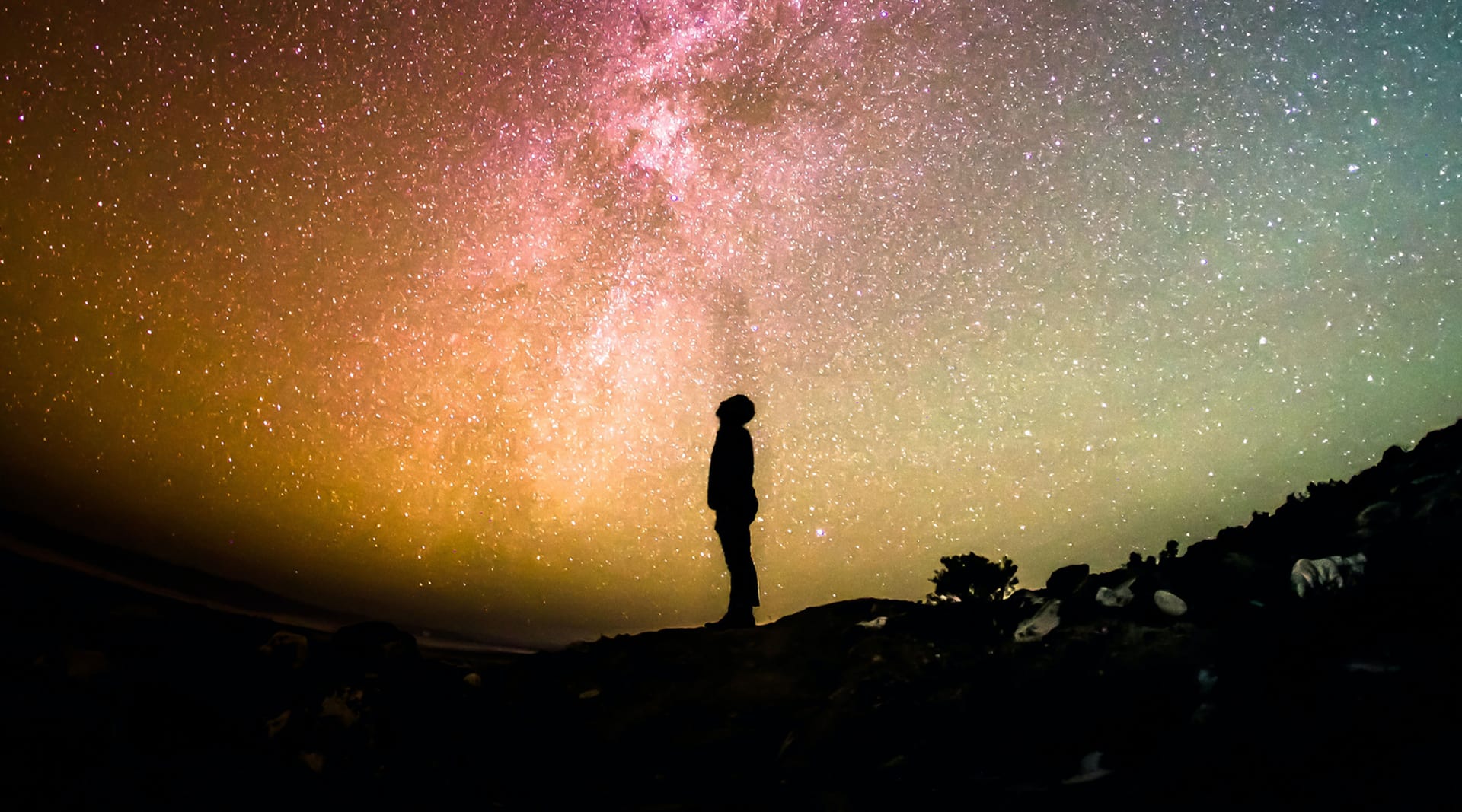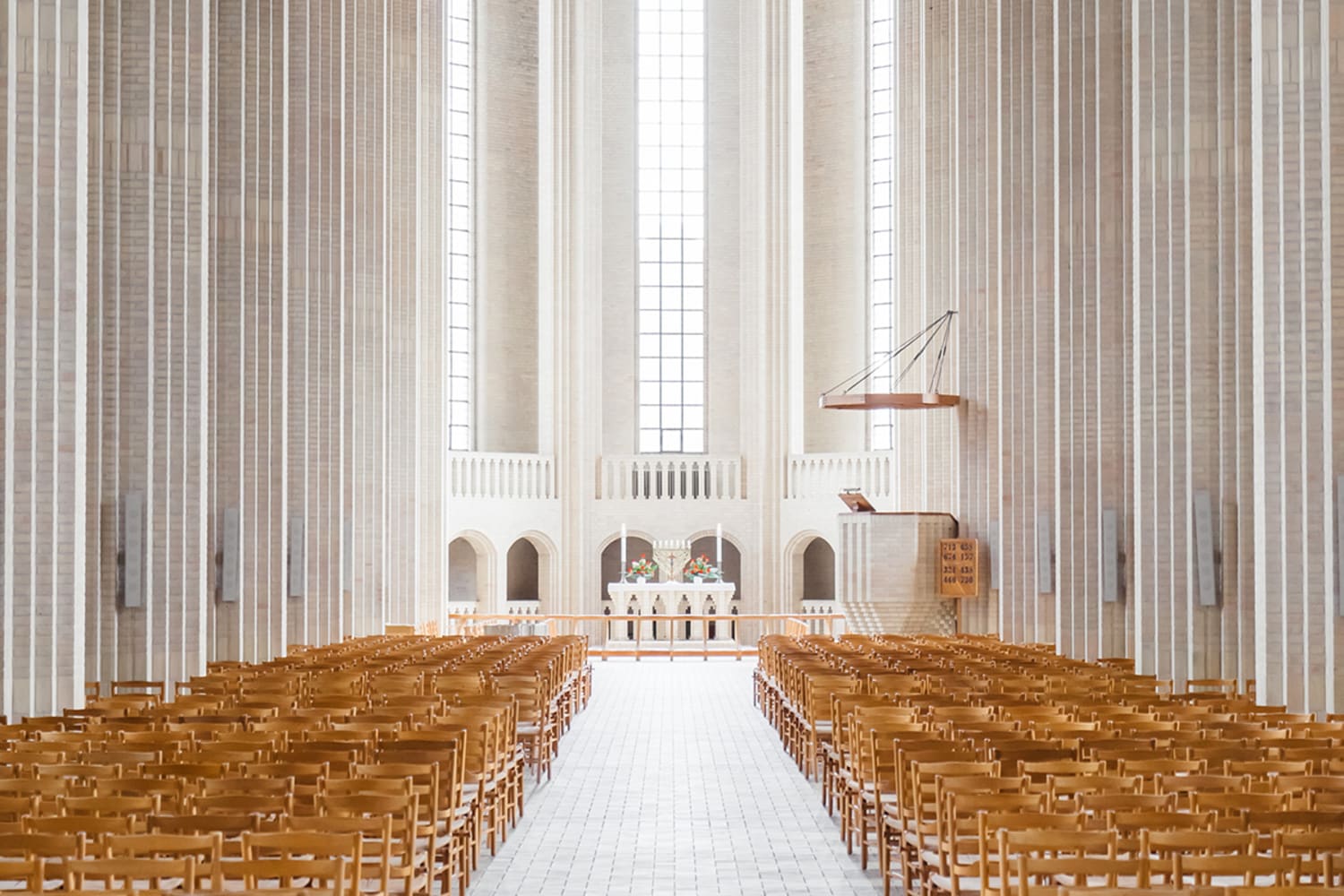COVID-19 has closed churches, mosques and temples across the world, but it’s certainly not stopped people from seeking succor in ritual, prayer and meditation. In fact, they may be praying more.
Google searches for prayer as a share of total searches surged in March 2020, when COVID-19 went global, according to Jeanet Sinding Bentzen, an Asssociate Professor of Economics at the University of Copenhagen.
“The results can be understood as religious coping,” Bentzen wrote in a working paper. “We pray to cope with adversity.”
Using data from internet searches for the topic of prayer, including terms such as God, Allah and Muhammad, she found that search intensity doubled for every 80,000 new cases of COVID-19 infection. Her draft paper, titled “In Crisis, We Pray: Religiosity and the COVID-19 Pandemic,” was posted online on March 30 and focuses mostly on Christians and Muslims.










